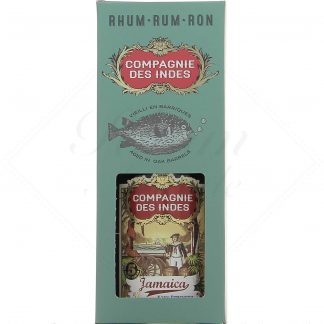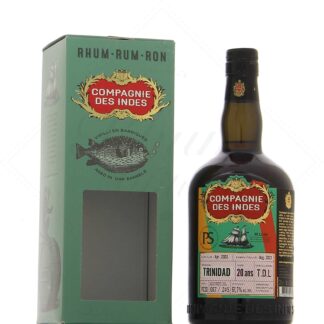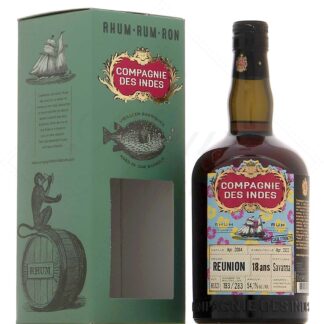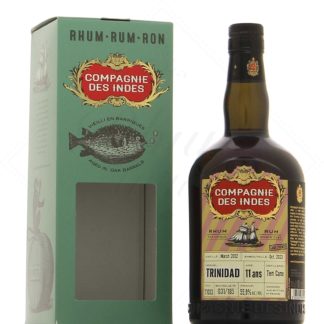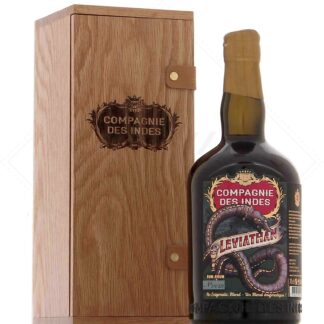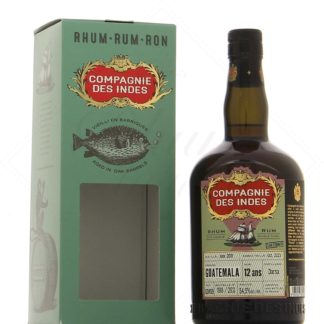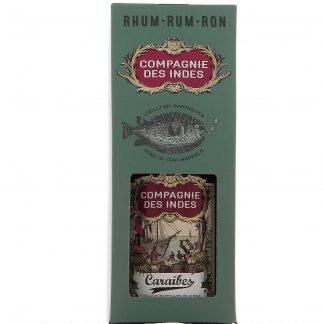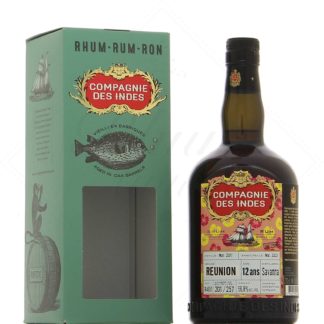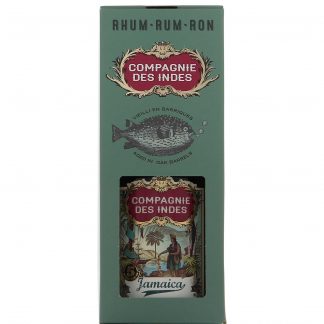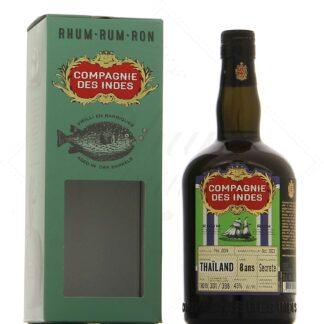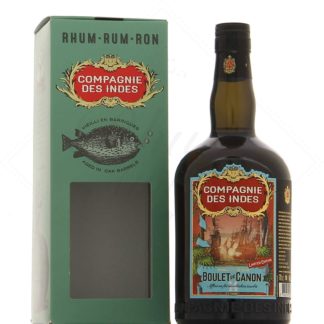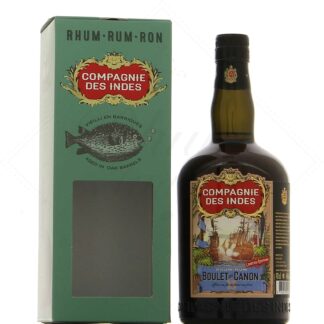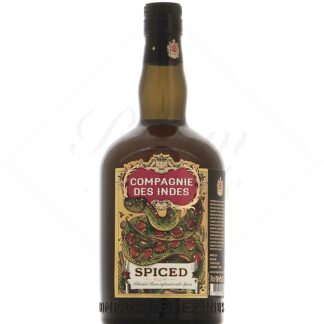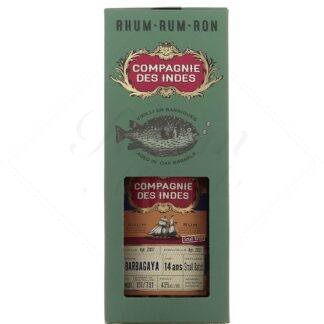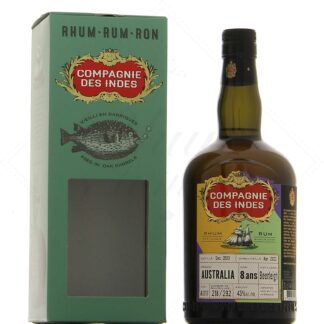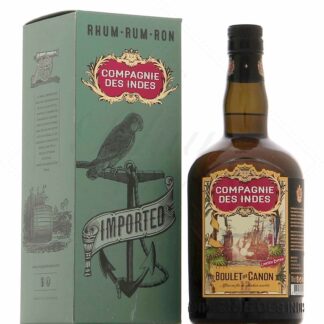East India Company

The history of the Compagnie des Indes
La Compagnie des Indes is a French independent bottler born in 2014 under the impetus of Florent Beuchet, a young Burgundian from a family gravitating towards the world of wine, whose father notably owns an absinthe and anise distillery. After working in New York as a representative for the Banks brand, Florent returned to Europe with a passion for rum and a plan to launch a distribution company, which he did with Diva Spirits.
On his return to France, and after discovering the variety of rums thanks to the blender he had worked for, Florent noticed a certain formatting of molasses rums. Until then, they had been represented almost exclusively by the Latin American " rone " family or by artificial rums. In his opinion, the potential of molasses rums was not being exploited, as the expressions on offer were often sweet and/or too reduced.
The desire to showcase the potential and variety of molasses rums was thus born, and with it the imagery of voyages and old galleons. And so La Compagnie des Indes was born, inspired by the Portuguese, Dutch and French East India Companies of the 17th and 18th centuries. These companies travelled the world to bring back rare commodities for their respective countries to discover. They were also the commercial representatives of their countries abroad, and sources of expansion, as evidenced by their motto: " I will bloom where I am carried ".
The Compagnie des Indes is committed to showcasing the full diversity of rum, with " rums that taste like rum ". Firstly, it is launching blends that are accessible because they are rather sweet, but much less watered-down than the great names of the Spanish tradition, followed by unique casks that best reflect the style of their origin.
In particular, she was one of the first to introduce the true Jamaican style (different from the more consensual Appleton style) to the French, then surprised them with her powerful, intense "rones", the antithesis of the habits of the time.
La Compagnie des Indes rums
The "basic" range, i.e. permanently available, is made up ofblends such as Caraïbes or Latino, which aim for balance and accessibility, while retaining an authentic rum taste. These blends are slightly sweetened (15 g of organic sugar syrup per liter) to appeal to a wide audience. A blend of Jamaican rums, on the other hand, is sweetened to 10g/L and introduces a more full-bodied style of rum.
No other colouring, caramel, texturing or flavouring agents are added.
Then come the Single Casks and the special series, bottles that are necessarily limited editions. No additions are made to the Single Casks, not even sugar, so these rums are totally faithful to their original expression. The only operation carried out by La Compagnie des Indes, in addition to supervising the ageing process, is the reduction, aimed at diluting the rum to lower its alcohol content.
Some cuvées are bottled brut de fût, others with reduction, and sometimes in both versions, making comparisons particularly interesting.
This is the case, for example, of this 2005 vintage from the Travelers distillery in Belize , whose barrel strength version at 66.2° and the version reduced to 43° are very different.
Education and transparency are also very important to the bottler, who understood early on that connoisseurs needed as many reference points as possible to help them navigate the vast world of rum. He was therefore among the first to indicate the distillation and bottling dates, country and distillery of origin for his rums.
What's more, in the interests of honesty, the age indicated is always that of the youngest rum in the case of a blend, and not the oldest, as is often the case for rums aged in solera, for example.
These Single Casks enabled us to discover destinations that were little-known at the time, such asIndonesia, Saint Lucia and even Jamaica. They also broke down a few clichés, thanks to the power of this Venezuelan, the richness of this Panamanian or the complexity of this Cuban. Great rums have also been selected, such as the 24-year-old Hampden or the 26-year-old Caroni.
Finally, a certain taste for experimentation has led to special cuvées such as the Boulets de Canon series. This work on smoky aromas began with a blend of English-style rums matured in a barrel of Isle of Skye whisky. The concept has been taken a step further with finishes in Islay peated whisky casks, or with a water reduction infused with smoked tea. Read less
-
-
-
-
-
-
Compagnie des Indes Guatemala 12 ans Darsa Cask Strength 54,9° (54.9° proof)
- Guatemala
- 54.9 ° - 70 cl
-
-
-
-
-
-
-
-
